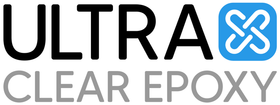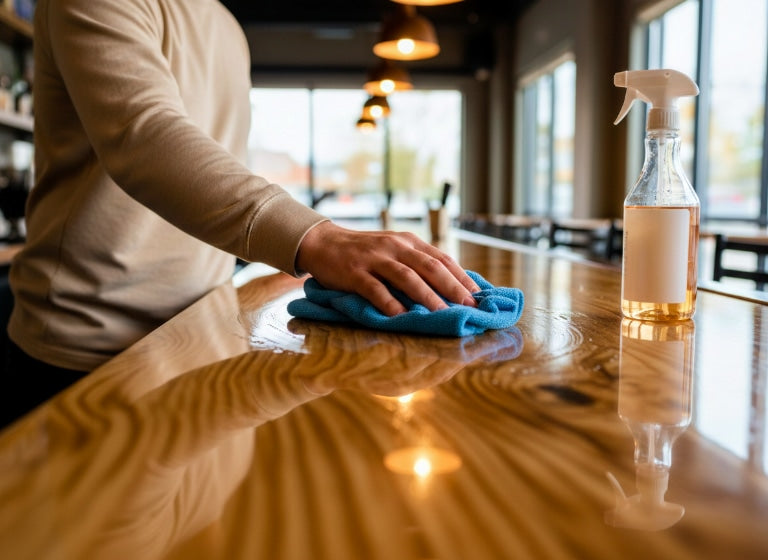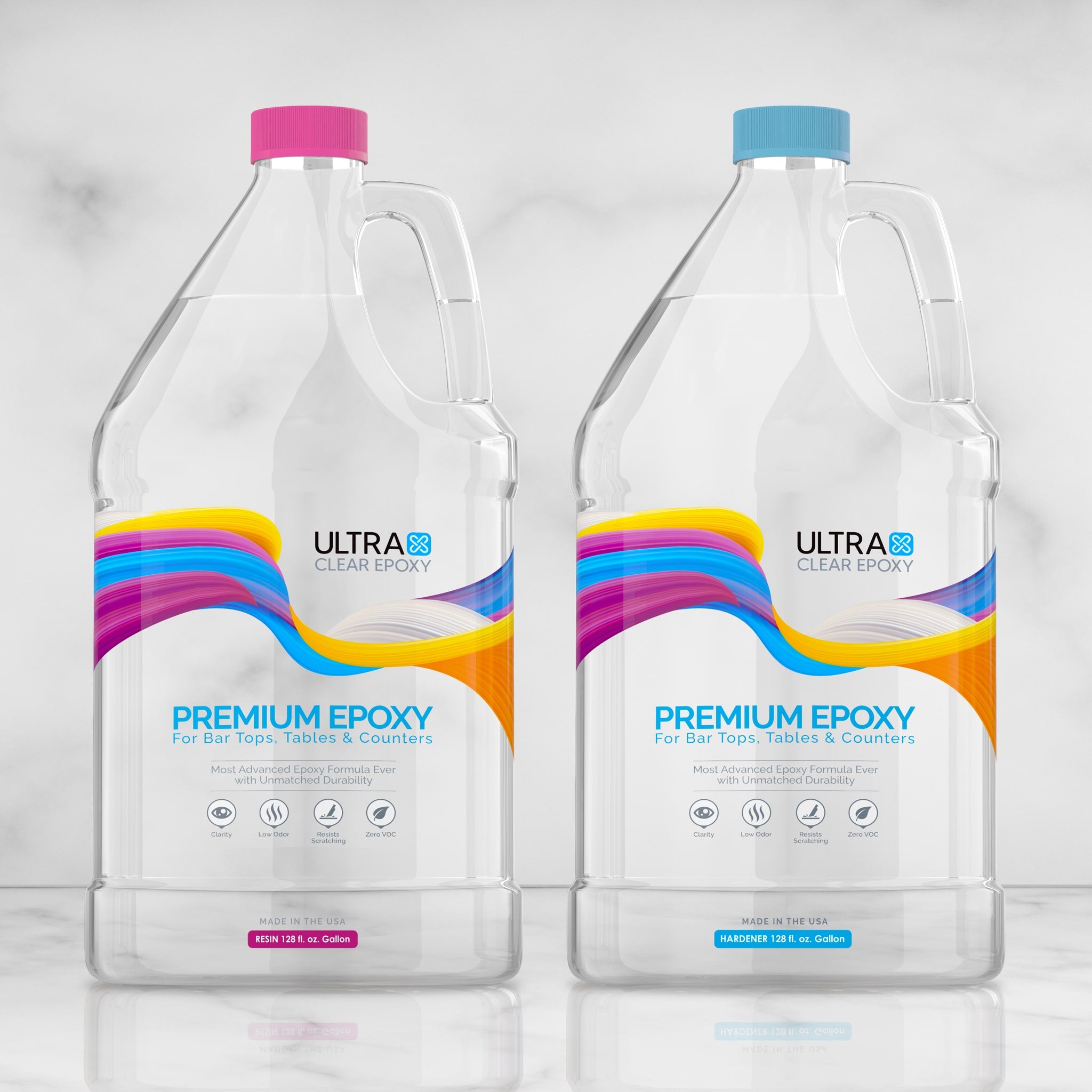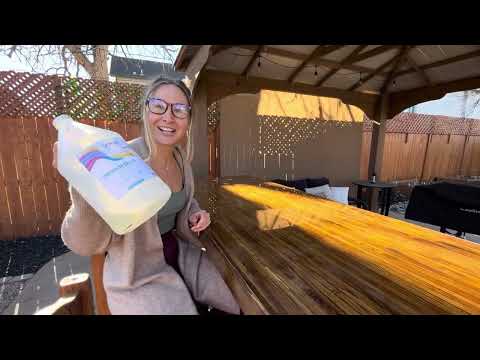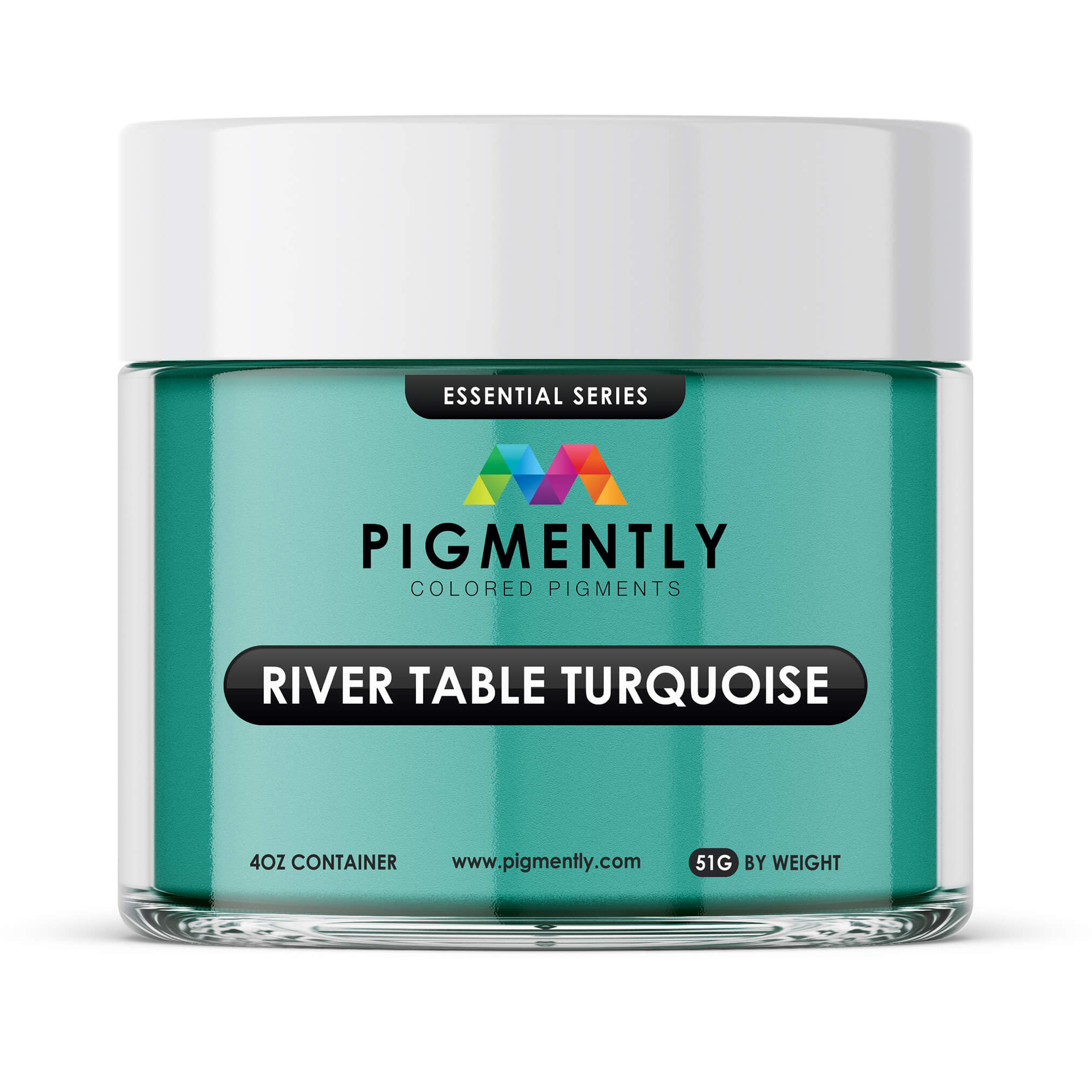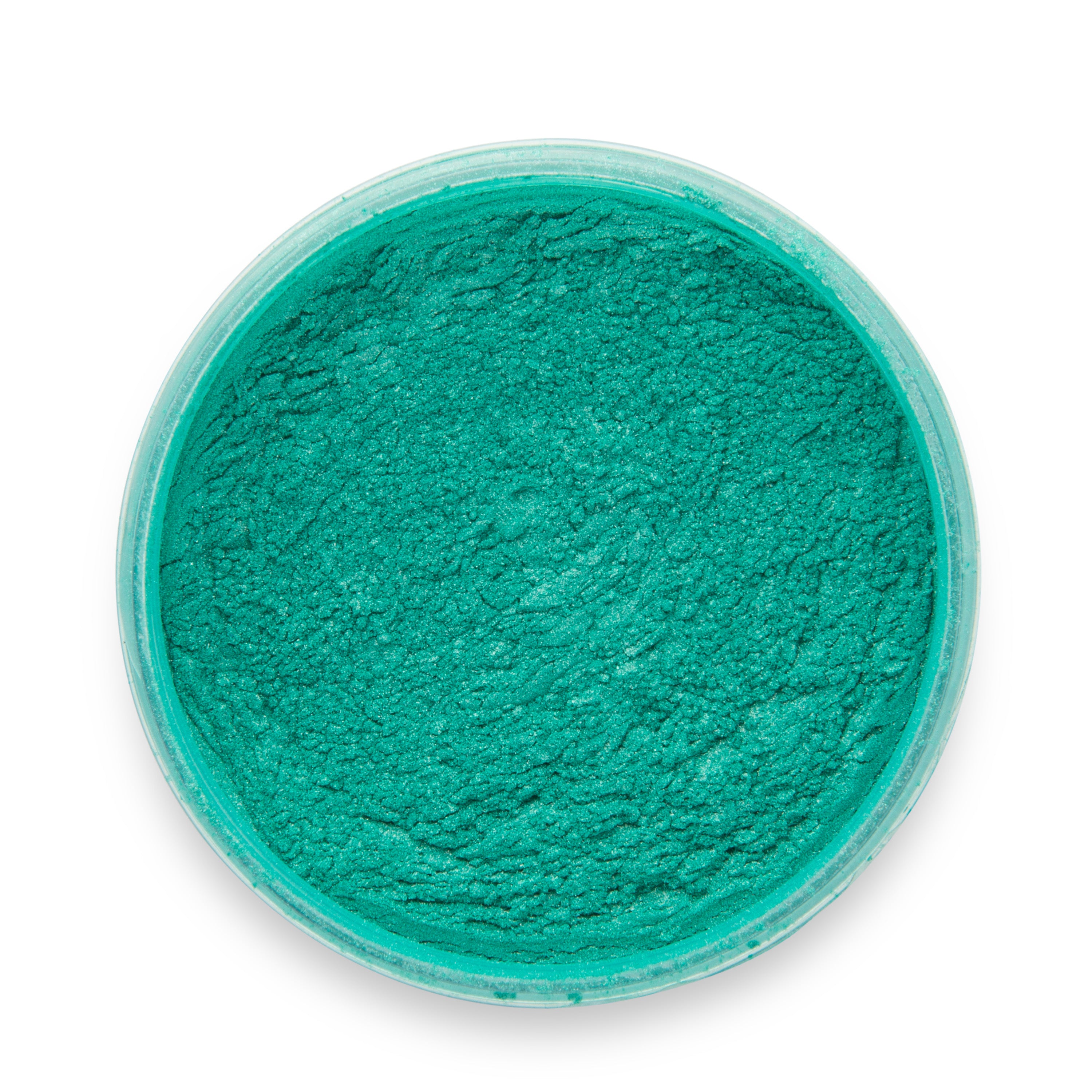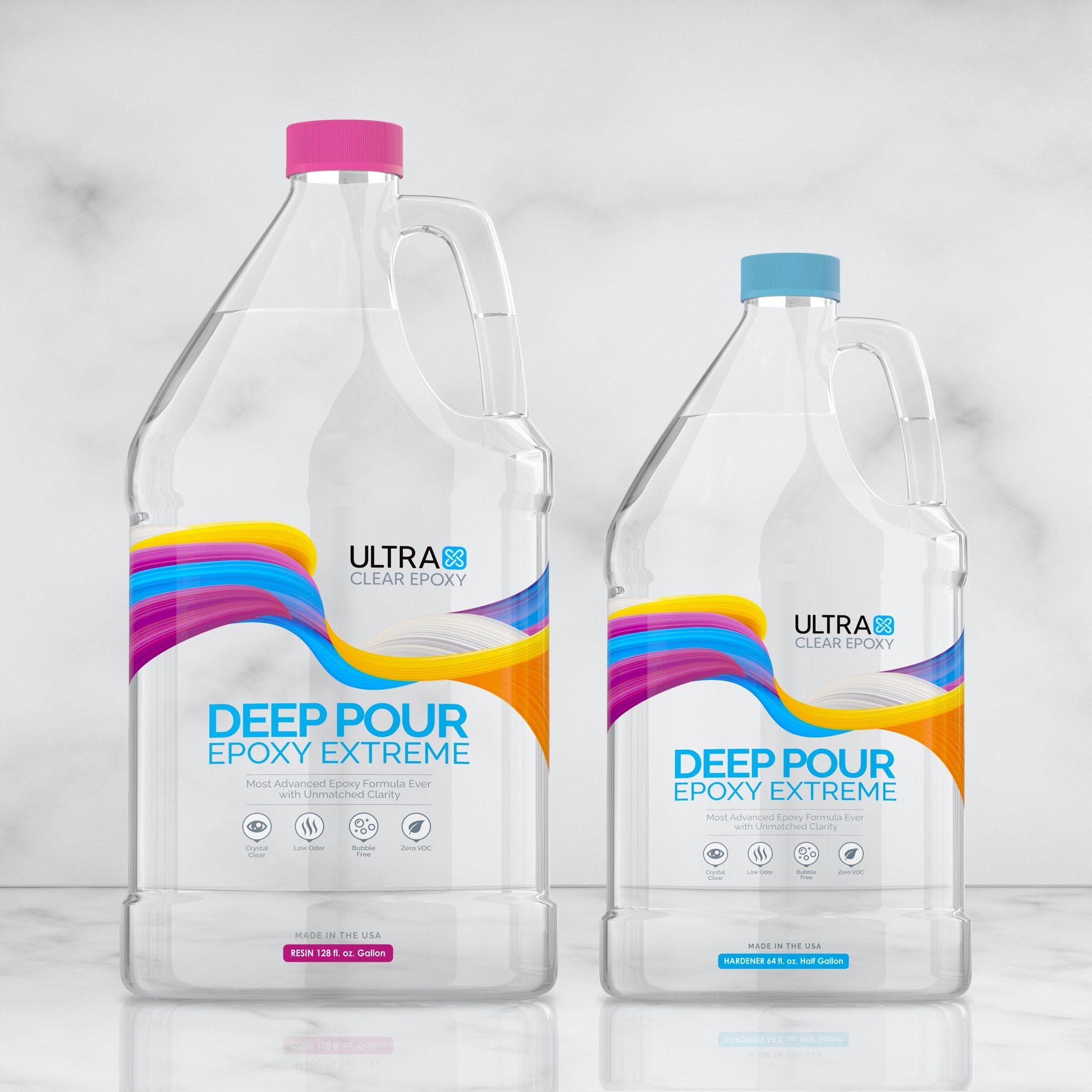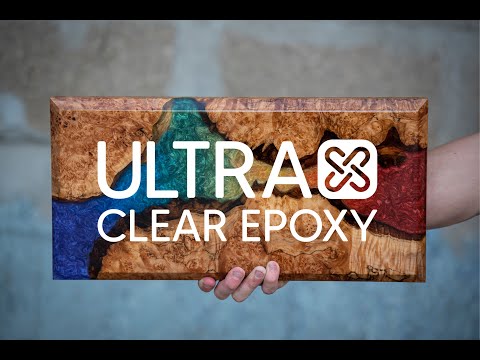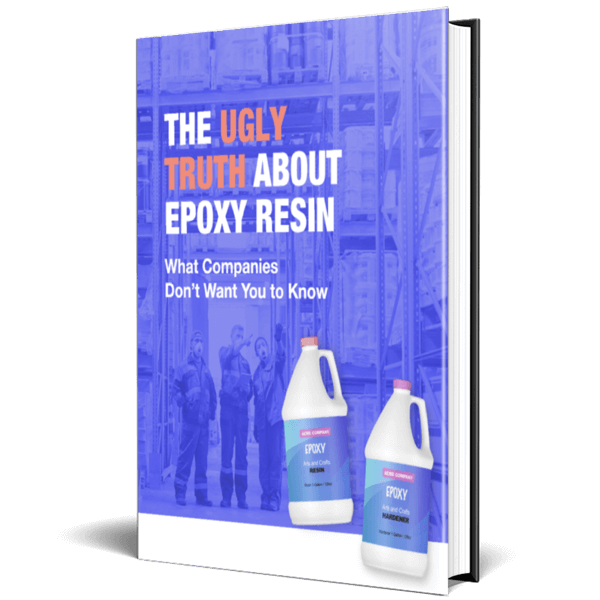Cleaning epoxy resin is a relatively straightforward process, owing to the smooth, waterproof surface of a cured epoxy finish. Because epoxy is so resilient, it ends up being a very low-maintenance finishing material for your countertops, table top, etc.
Still, basic cleaning is likely to be necessary, as inevitable messes are made over time, especially for surfaces used for eating. In turn, knowing for sure which cleaning chemicals and methods are safe to use for your epoxy surfaces can be helpful for getting the job done right and providing peace of mind.
In this article, we'll answer some of the questions about cleaning epoxy resin that we receive regularly.
Epoxy Resin FAQs about cleaning and maintenance
Here's a list of the different questions we'll dive into throughout the rest of this article:
|
#1: Can you use Clorox wipes on epoxy countertops? #2: Can you use Windex on epoxy resin? #3: What is the best cleaner for epoxy bar tops? #5: What does rubbing alcohol do to epoxy? |
As you may have noticed, each of these questions are linked to practical concerns about common cleaners and chemicals used in domestic and commercial situations.
We'll answer them one-by-one in the listed order.

Question #1: Can you use Clorox wipes on epoxy countertops?
Yes, the current lineup of Clorox wipes, which includes their standard disinfecting wipes, their plant-based disinfecting wipes, and their compostable wipes, are all fine for use on epoxy surfaces, including epoxy countertops.
They don't contain any strong solvents or bleach—which are the two most common "avoids" when it comes to cleaning epoxy surfaces. For households with babies or curious pets (i.e., pets that put their mouths on "everything"), you can often get away with just using baby wipes, which are safer than disinfectant wipes.
If you need to fully sanitize an epoxy surface quickly, a typical (non-bleach) disinfectant wipe is a fine option.

Question #2: Can you use Windex on epoxy resin?
Standard cleaners like Windex and similar products from other brands are excellent choices for use in cleaning epoxy resin surfaces. When it comes to cleaning, epoxy often behaves a little like glass, so a good glass cleaner is handy to have around.
This guideline also includes variants with vinegar. While potent distilled vinegar is generally considered a bad option for cleaning epoxy resin due to its higher amounts of acetic acid, the lower concentration of vinegar present in some common glass cleaners isn't high enough to be a big concern for epoxy resin, though this advice applies primarily to high-quality epoxy resin, so be sure to use something reputable for your epoxy resin finish.
Simply spray the surface or a cleaning cloth, then wipe the epoxy until it's clear and dry.

Question #3: What is the best cleaner for epoxy bar tops?
We recommend starting with warm water and a mild soap before switching to dedicated cleaners. Beyond that, a good glass cleaner can be terrific for clearing away residues or debris from an epoxy resin surface.
If you need to sanitize the surface as well, you can use a sanitizing agent such as a disinfectant spray or wipe to eliminate any germs right afterward.
Learn more about the best cleaning options in our epoxy surface cleaning guide!

Question #4: Does vinegar clean epoxy?
Technically, yes. However, it also tends to contain high amounts of acetic acid, though this varies depending on the product.
Acetic acid can, over time, lightly soften or damage the surface of your epoxy finish, making it seem murkier or "cloudy". We recommend against using pure vinegar as a cleaning solution for epoxy resin surfaces.

Question #5: What does rubbing alcohol do to epoxy?
Rubbing alcohol can be an efficient way to sanitize epoxy resin surfaces. Diluted rubbing alcohol will contain some water to prevent it from evaporating too quickly before it has a chance to eliminate most surface germs, so don't use one with a tremendously high concentration.
A mixture within 70% to 80% should be good. Just apply some to a cloth and wipe the surface. You'll see the moisture streaks dry up as the alcohol evaporates.

Question #6: Can you use Swiffer products on epoxy?
Swiffer products are fine for use on epoxy surfaces. This includes the solution used for the WetJet mop and the wet cloths used for the sweeper.
You can use these cleaning agents to cleaning agents to wipe up residues or debris from epoxy resin surfaces much like you would with a wooden or laminate surface.
Additional Resources
We hope these answers gave you the information you needed. Below are some additional resources you may find helpful:
- How to wash away resin and epoxy on your hands and skin - Learn how to easily clean uncured epoxy off your skin.
- Do epoxy countertops scratch easily? - Epoxy may be low-maintenance, but how does it handle scratching? Learn more here.
- Our step-by-step guide to polishing larger epoxy projects - Want to go a step further by polishing your finish? Read our guide to discover how.
Have questions? Want advice? Contact us!
If you have any questions about cleaning epoxy surfaces, or if you'd like assistance in planning an epoxy project of your own, please reach out to us at UltraClear Epoxy—our epoxy experts are ready to assist!
You can contact us via phone or email here. During business hours, you can also text chat online with one of our resin specialists by clicking the Help button at the bottom of your screen.
In our online store, you'll find a variety of useful tools and supplies, ideal for epoxy countertop projects, plus our award-winning UltraClear Bar & Table Top Epoxy and our UltraClear Deep Pour Epoxy.
